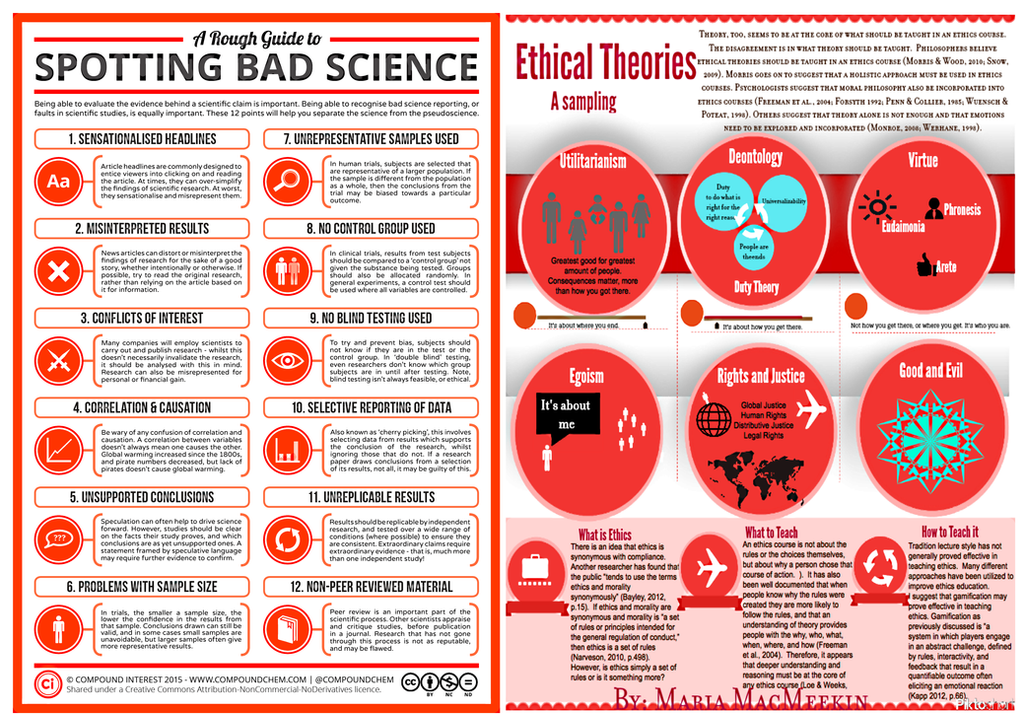HOME | DD
 retroreloads — Science and truth - Bad science and ethics post
by-nc-nd
retroreloads — Science and truth - Bad science and ethics post
by-nc-nd

#about #changeable #constant #correspondence #deductive #experience #greater #have #inductive #knowledge #measured #religious #responsibility #scientific #subjective #talk #theories #towards #truth #we #converges #all #how #believe #what #changes #truthphilosophers
Published: 2017-09-03 11:30:58 +0000 UTC; Views: 713; Favourites: 5; Downloads: 2
Redirect to original
Description
payhip.com/b/y3YS
What is a scientific truth?
Philosophers talk about the correspondence theories of truth: subjective, deductive, and inductive (scientific) truth.
- Is scientific truth constant or changeable?
- Is scientific truth all that is measured by experience?
- Scientific truth converges towards religious truth?
- Is the truth all that we believe, or do we have a greater responsibility?
How scientific knowledge changes.
'The ideal of completely correct knowledge is a concept. Scientific knowledge keeps changing, and our ideas about truth change too. Dr. Terry Halwes'
It is not enough that you should understand about applied science in order that your work may increase man's blessings. Concern for the man himself and his fate must always form the chief interest of all technical endeavours; concern for the great unsolved problems of the organization of labour and the distribution of goods in order that the creations of our mind shall be a blessing and not a curse to mankind. Never forget this in the midst of your diagrams and equations.
· Albert Einstein, speech at the California Institute of Technology, Pasadena, California (February 16, 1931), as reported in The New York Times (February 17, 1931), p. 6.
There are many philosophical and historical theories as to how scientific consensus changes over time. The history of scientific change is extremely complicated, and there is a tendency to project "winners" and "losers" onto the past in relation to our current scientific consensus, it is very difficult to come up with accurate and rigorous models for scientific change. This is made exceedingly difficult also in part because each of the various branches of science functions in somewhat different ways with different forms of evidence and experimental approaches.
Most models of scientific change rely on new data produced by scientific experiment. Karl Popper proposed that since no amount of experiments could ever prove a scientific theory, but a single experiment could disprove one, science should be based on falsification.




















